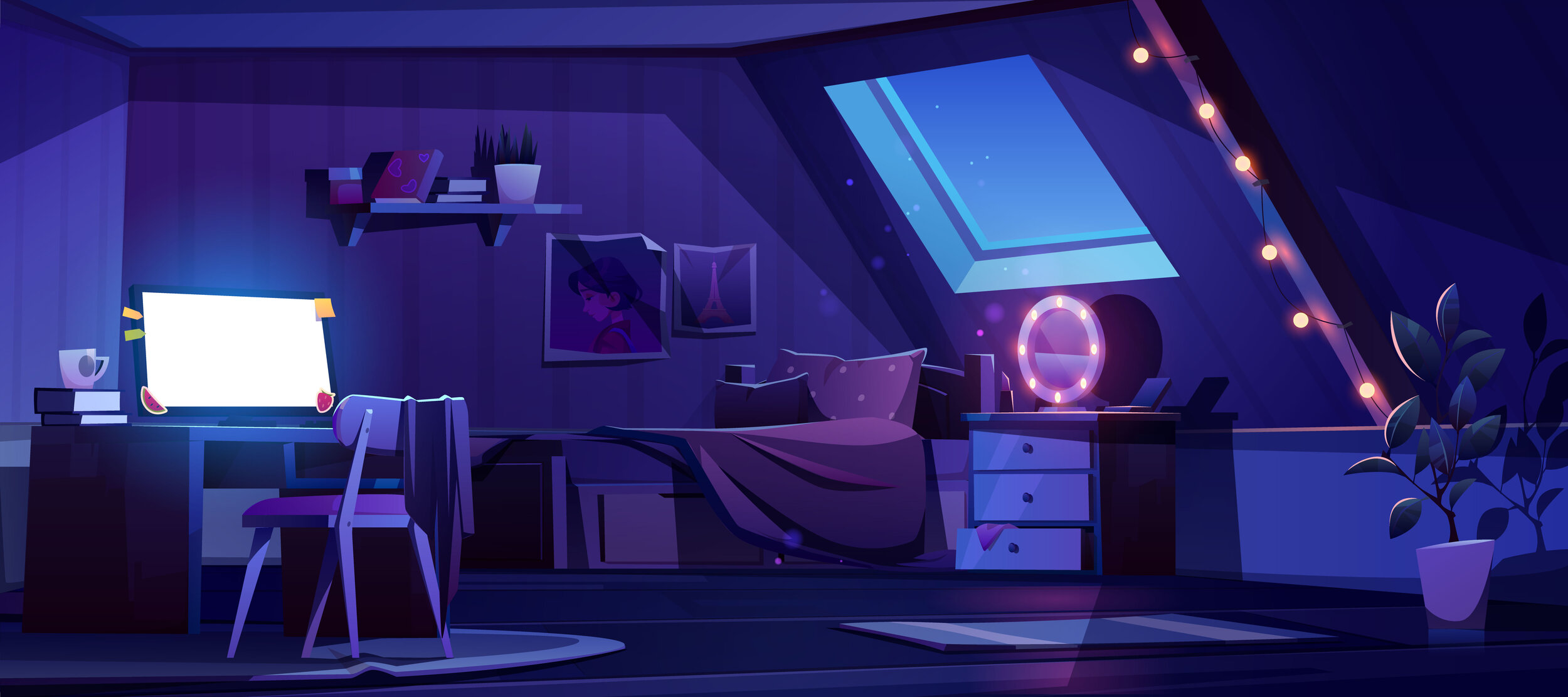Sleep Tips for Teens
“Your future depends on your dreams, so go to sleep.” - Mesut Barazany
In the age of around-the-clock work and entertainment, it is apparent that students (and many adults) are in need of reminders when it comes to slowing down. Specifically, how to recover from each day with consistent sleep.
The average adult sleeps less than 7 hours per night. In today’s fast-paced society, 6 or 7 hours of sleep may sound pretty good. In reality, it might be a recipe for chronic sleep deprivation.
Teens are following suit. Young people aged 12-18 require 8.5 to 10 hours of sleep. Yet 85% of teenagers are sleeping less than the recommendations per night. And, nearly 17% of teens qualify for clinical diagnosis of insomnia. Numbers are on the rise with other sleep disorders.
Average Sleep Needs By Age
Newborns (0-2 months): 12 - 18 hours
Infants (3 months to 1 year): 14 - 15 hours
Toddlers (1 to 3 years): 12 - 14 hours
Preschoolers (3 to 5 years): 11 - 13 hours
School-aged children (5 to 12 years): 10 - 11 hours
Teens and preteens (12 to 18 years): 8.5 - 10 hours
Adults (18+): 7.5 - 9 hours
While sleep requirements vary from person to person, humans need consistent sleep to function at their best. This brings us to a quick list of five sleep tips specific to teens. (Plus one for good luck.)
A printable list of these tips is in the Google Doc linked at the top of this page. Have at it! To modify in Google Drive and fit your own needs: File — Make a Copy.
5 Sleep Tips For Teens
Eight is great, but nine is divine.
Aim for 9 to 9.5 hours a night. Yes, really. Research shows that most teens need that much to feel and function their best. Lack of sleep can affect your mood, your thinking, your reaction time in sports, and, if old enough, your driving! Cranky? Low energy? Can’t focus? Get that sleep!Routine. Routine. Routine.
Stick to regular sleep and wake times each day. Like it or not, this means weekends, too. You can’t sleep for 5 hours one night and 12 hours the next and expect to feel good. There is no such thing as “catching up on sleep.” You can’t store it up like a piggy bank, and you can’t write IOU’s once you’re in debt. Either you get the sleep you need for the day, or you don’t.Create calm conditions.
People sleep better when it is dark, cool, and quiet. If you need, consider curtains or an eye mask to keep it dark. Use ear plugs, a fan, or “white noise” to drown out auditory distractions. But save those eardrums-- no music in the headphones! If you can, avoid stressful activities in bed or in your bedroom. This keeps the chore of daily work out of your sleeping space.Ditch your devices.
More than 90% of teenagers use some form of technology in the hour before bedtime. Texting, social media, and video games are sleep enemies. Light from screens can alter your brain’s natural sleep cycle, and phone notifications can wake you up. Having sleep issues? Stop using screens well before bedtime and leave devices outside the bedroom so they can’t distract you.Nighttime > naps.
Napping too long, especially in the afternoon, can throw off your ability to fall asleep at night. Many teens also wake up from naps with less energy and motivation for things they need to do, like homework. When in doubt, keep it short and sweet at under 30 minutes. And remember, there is no nap that can take the place of a good night’s sleep.
Bonus Tip: A plan is a plan.
In the end, let sleep have a natural place in your day. You can help things with healthy food and exercise while limiting sugar and caffeine before bed. If you have difficulty falling asleep, don’t watch the clock. Don’t even count sheep. While on the pillow, focus on one positive thought, and one thought only. Letting the mind wander can actually keep the brain awake. Slow your breathing and think about one good thing that happened that day. Sweet dreams!
References: CDC; National Sleep Foundation; University of Washington; Matthew Walker.
Reflection Questions for Teachers
What skill unit and content do you include in regards to sleep?
Is there an attention getter, images, video, or activities that you have found to work best when discussing sleep habits? Will you share any ideas or examples?
Do you have any success stories in helping students examine their own sleep habits? Meaning, have any students had “an awakening” (pun intended) and significantly improved their sleep hygiene because of your class?
Other activities and lesson ideas are shared throughout the school year on social media. Join the conversation!
YouTube.com/MrTodnem Facebook.com/MrTodnem Instagram.com/ScottAmpersand



